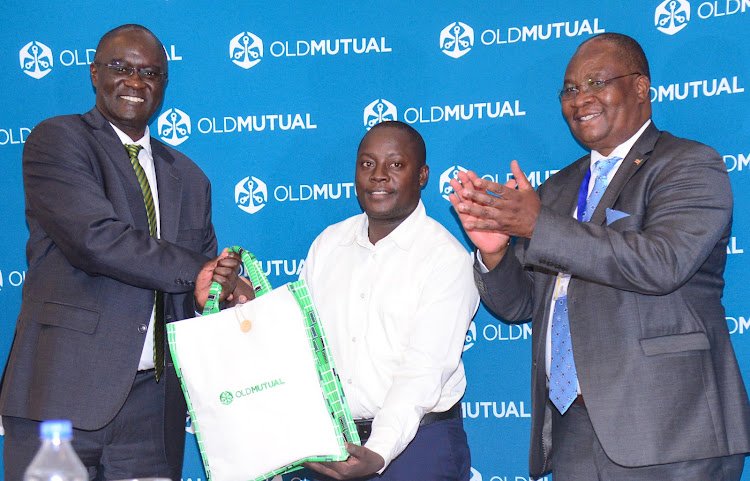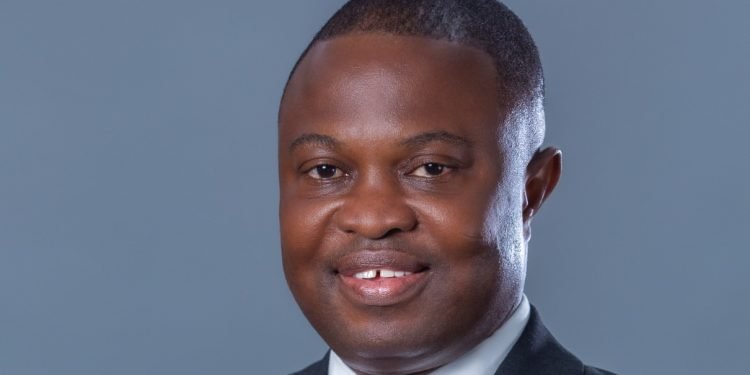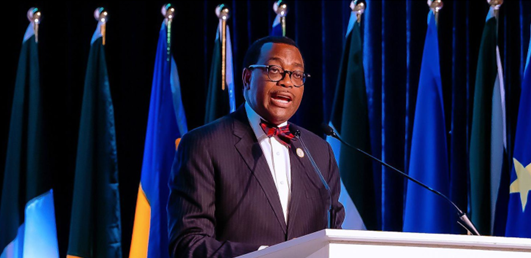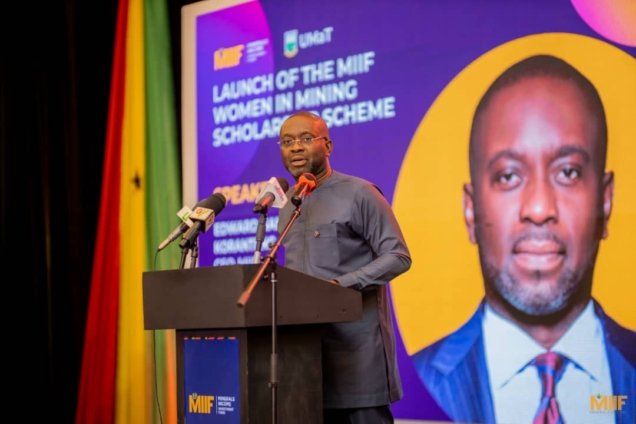
Pension Assets sees N9trn increase in Q1
The nation’s pension saw slight growth of N9.03 trillion at the end of March, 2019, after it rose significantly by N117 billion from about N8.89 trillion in February, 2019.
This is even as most states of the federation have failed in their obligation to remit the pension of their workers as and when due, owing about N100 billion in the process. The fund was N8.74 trillion in January, 2019, having grown by N110 billion from N8.63 trillion as at December, 2018. Of the N9.03 trillion pension assets, N6.51 trillion, representing 73 per cent of the total pension fund was invested in Federal Government Securities issued to finance various activities of government.
This consistent increase in pension assets on a monthly basis, findings show, was attributable to new pension contributions received, interest from fixed income securities and net realised on equities and mutual fund investments. Investment income, according to a research, was instrumental to the continuous growth in pension fund, despite the fact that government at the state and federal levels are not paying the monthly pension contributions of their workers as and when due. According to the National Pension Commission (PenCom), in its monthly report on the growth of Pension Assets, disclosed that pension fund operators invested N4.46 trillion, amounting to 49.37 per cent in Federal Government Bonds; N1.94 trillion in Treasury Bills; N11.96 billion in Agency Bonds (NMRC & FMBN); N94.11 billion in Sukku and N8.51 billion in Green bonds.
On the Multi-fund structure, Retirement Saving Account (RSA) Fund 1, had N12.73 billion invested; RSA Fund 11, N3.99 trillion; RSA Fund 111, N2.15 trillion and RSA Fund IV, N732.13 billion. The commission also stated that pension operators invested N144.31 billion (1.60 per cent) in State Government’s Securities; Corporate bonds got N463.99 billion (5.4 per cent); Corporate Infrastructure bonds, received N8.64 billion (0.10 per cent); Corporate Green bonds, N5.46 billion(0.06 per cent) Supra-National Bonds got N5.37 billion (0.06 per cent); local money market, N874.39 billion, (9.68 per cent) commercial papers, N64.46 billion (0.71 per cent) and Banks, N809.94 billion (8.97 per cent).
Also, speaking on the development, the acting director-general, National Pension Commission (PenCom), Mrs. Aisha Dahir-Umar, stated that the Contributory Pension Scheme (CPS) has been very impactful in Nigeria since the commencement of its implementation in 2004. To this end, she added that the formation of long term domestic capital, represented by the N9.03 trillion pension assets, belonging to 8.46 million formal sector participants, is slowly but surely changing Nigeria’s financial landscape. This, by extension, she stressed, is also transforming the course and pace of socio-economic development in the country.
Umar stated further that N6.51 trillion, representing 73 per cent of the total pension assets is invested in Federal Government Securities issued to finance various activities of Government. Moreover, executive director, Centre for Pension Rights Advocacy (CPRA), Barrister Ivor Takor, has said the Pension Reform Act (PRA) 2014 adequately provides basic rights workers/contributors should enjoy under the Contributory Pension Scheme (CPS). Takor said the Act confers on workers certain legal rights, such as the right to pension amongst others. He said Section 3 of the Act, established a Contributory Pension Scheme for all employees of public services of the federation, the Federal Capital Territory, states, local government and the private sector.so is unable to ascertain what findings (if any) were made in relation to the alleged infractions and defend itself accordingly before the SEC.” Following the Securities and Exchange Commission (SEC) ruling on the outcome of Oando Plc forensic audit, the company said it disagreed with the Commission’s outcome. The company in a release to media and investing public on the Nigerian Stock Exchange (NSE) said, “Our attention has been drawn to a press release published by SEC on ‘Investigation of Oando Plc. “In the statement, the Commission confirms the conclusion of its investigations and that the findings from the report reveal serious infractions by the company and as part of measures to address these violations, the Commission has directed penalties as follows: resignation of the affected board members of Oando Plc, the convening of an extra-ordinary general meeting on or before July 1, 2019, to appoint new directors, payment of monetary penalties by the company and affected individuals and directors, refund of improperly disbursed remuneration by the affected board members to the company, and bar of the group chief executive officer (GCEO) and the deputy group chief executive officer (DGCEO) of Oando Plc from being directors of public company for a period of five years.” Oando said that these alleged infractions and penalties were unsubstantiated, ultra vires, invalid and calculated to prejudice the business of the company.
According to the statement, the company has not been given the opportunity to see, review and respond to the forensic audit report and so is unable to ascertain what findings (if any) were made in relation to the alleged infractions and defend itself accordingly before the SEC. “The company reserves its rights to take all legal steps to protect its business and assets whilst remaining committed to act in the best interests of all its shareholders,” it stated. SEC had earlier in a release said, “Following the receipt of two petitions by the Commission in 2017, investigations were conducted into the activities of Oando Plc, a company listed on the Nigerian and Johannesburg Stock Exchanges. “Certain infractions of securities and other relevant laws were observed. The Commission further engaged Deloitte & Touche to conduct a forensic audit of the activities of Oando Plc. “The general public is hereby notified of the conclusion of the investigations of Oando Plc. The findings from the report revealed serious infractions such as false disclosures, market abuses, misstatements in financial statements, internal control failures, and corporate governance lapses stemming from poor board oversight, irregular approval of directors’ remuneration, unjustified disbursements to directors and management of the company, related party transactions not conducted at arm’s length, amongst others.”















